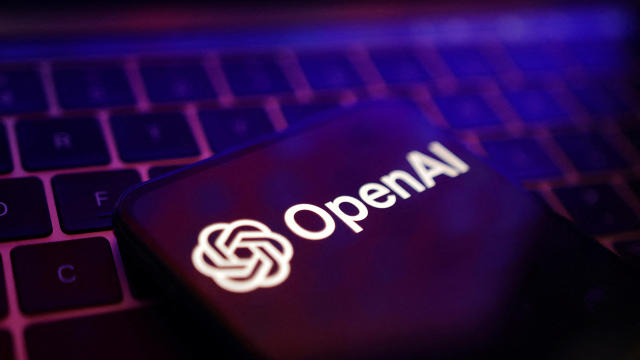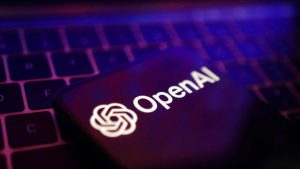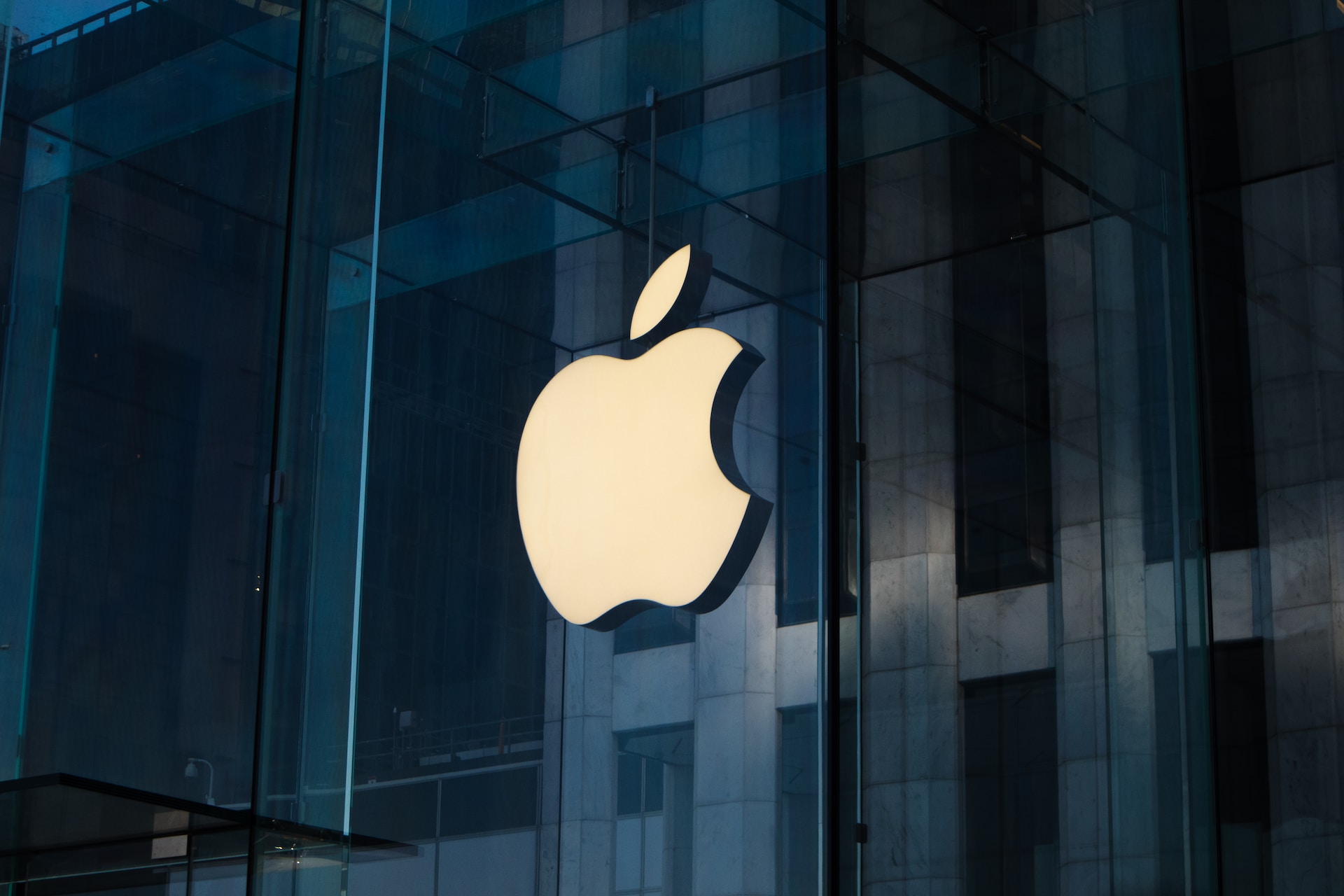In the ever-evolving landscape of artificial intelligence (AI), OpenAI stands as a pioneer, continually pushing the boundaries of what is possible. Recently, the organization announced its ambitious endeavor to train the next generation of AI models. However, this decision comes amidst escalating concerns regarding AI safety and ethical implications. This article delves into OpenAI’s latest initiative, the challenges it faces, and the broader implications for the future of AI development.
OpenAI’s Bold Move
OpenAI’s decision to embark on training the next AI model underscores its commitment to advancing AI capabilities. With each iteration, these models become more sophisticated, capable of performing tasks and exhibiting behaviors that were once thought to be exclusive to human intelligence. The upcoming model, rumored to be codenamed “Genesis,” promises to be a quantum leap forward in AI technology.
Navigating Safety Concerns
However, OpenAI’s announcement has reignited debates surrounding AI safety. Critics Gen AI Model argue that the rapid advancement of AI poses significant risks, ranging from job displacement to existential threats. Concerns about the misuse of AI, biases encoded in algorithms, and the potential for autonomous systems to act against human interests have garnered widespread attention.
Addressing Ethical Dilemmas
Moreover, ethical considerations loom large over AI development. As AI systems become more autonomous and capable of independent decision-making, questions of accountability and transparency become paramount. OpenAI, cognizant of these challenges, has emphasized the importance of responsible AI development. Yet, navigating the ethical maze remains an ongoing challenge for the organization and the broader AI community.
The Promise of Ethical AI
Despite these concerns, proponents of AI argue that responsible development can yield significant benefits. Ethical AI has the potential to revolutionize various industries, from healthcare to transportation, by enhancing efficiency, improving decision-making, and advancing scientific discovery. Moreover, ensuring that AI systems adhere to ethical principles can foster trust and acceptance among users.
The Role of Stakeholders
In navigating the complexities of AI development, the role of stakeholders cannot be overstated. Collaboration between policymakers, industry leaders, researchers, and civil society is essential to establish clear guidelines and regulations that govern AI deployment. By fostering open dialogue and interdisciplinary collaboration, stakeholders can work together to address concerns surrounding safety, ethics, and accountability. Moreover, engaging with diverse perspectives ensures that AI technologies are developed with the input and consideration of various stakeholders, thereby promoting inclusivity and fairness in the AI ecosystem.
Looking Ahead: The Path Forward
As OpenAI takes the next stride in AI evolution, the journey ahead is fraught with challenges and opportunities. By embracing a holistic approach that balances technological advancement with ethical principles, OpenAI can lead the way toward a future where AI serves as a powerful tool for societal progress. However, achieving this vision requires a collective effort to address safety concerns, uphold ethical standards, and foster trust in AI systems. As the world grapples with the implications of AI, OpenAI’s initiative serves as a catalyst for reflection, action, and collaboration, paving the way for a future where AI is not just intelligent but also ethical and responsible.
A Comparative Analysis
To better understand OpenAI’s decision and its implications, let’s conduct a comparative analysis of key factors:
| Aspect | Current Scenario | Future Prospects |
|---|---|---|
| Technological Innovation | OpenAI continues to push the boundaries of AI technology, with each iteration surpassing previous models. | The next AI model holds the promise of unprecedented advancements, potentially revolutionizing diverse fields. |
| Safety Concerns | Critics voice concerns about the potential risks associated with rapid AI development, emphasizing the need for robust safety measures. | OpenAI faces mounting pressure to address safety concerns and ensure that AI systems are developed responsibly. |
| Ethical Considerations | Ethical dilemmas surrounding AI development underscore the importance of responsible practices and transparent decision-making. | OpenAI must navigate complex ethical challenges to ensure that AI aligns with societal values and norms. |
Conclusion
As OpenAI embarks Gen AI Model on training the next AI model, the organization finds itself at a crossroads, balancing technological innovation with ethical considerations. While the potential benefits of advancing AI are vast, so too are the risks. By prioritizing safety and ethics, OpenAI can chart a course toward a future where AI serves as a force for good, empowering humanity to tackle its most pressing challenges. However, achieving this vision will require collaboration, transparency, and a steadfast commitment to responsible AI development.












